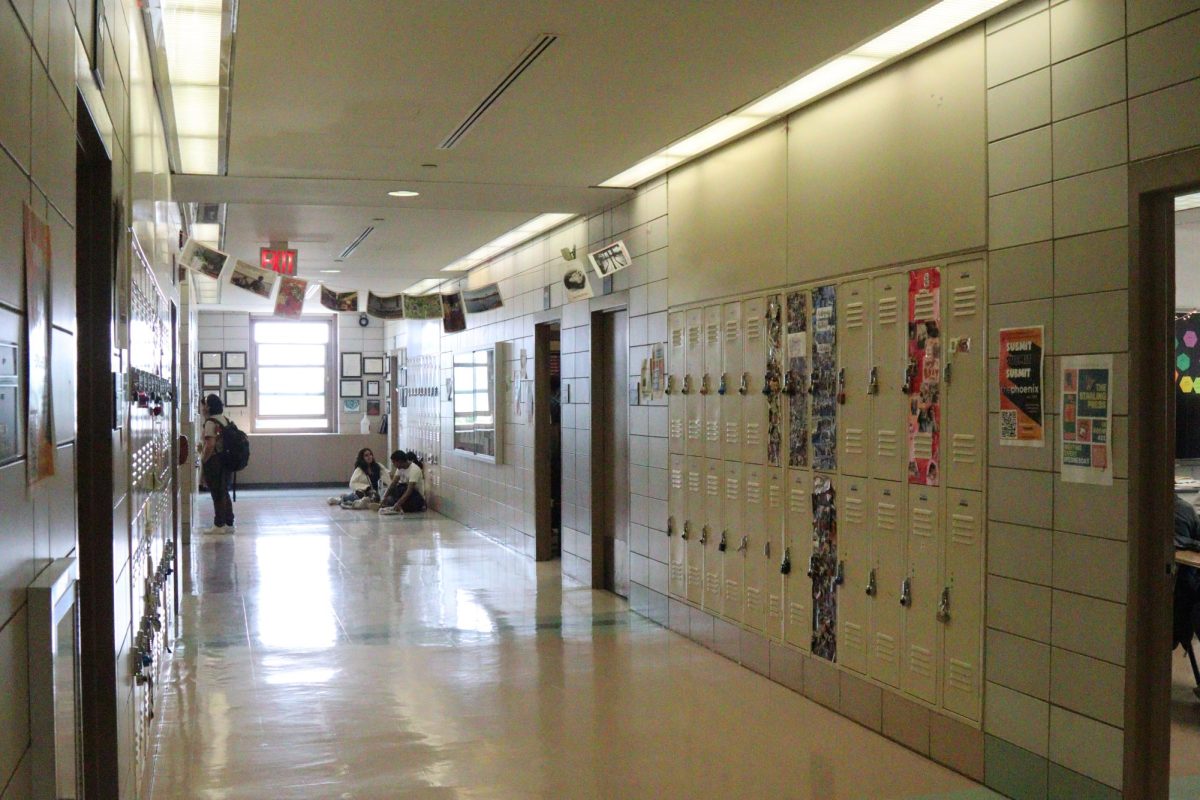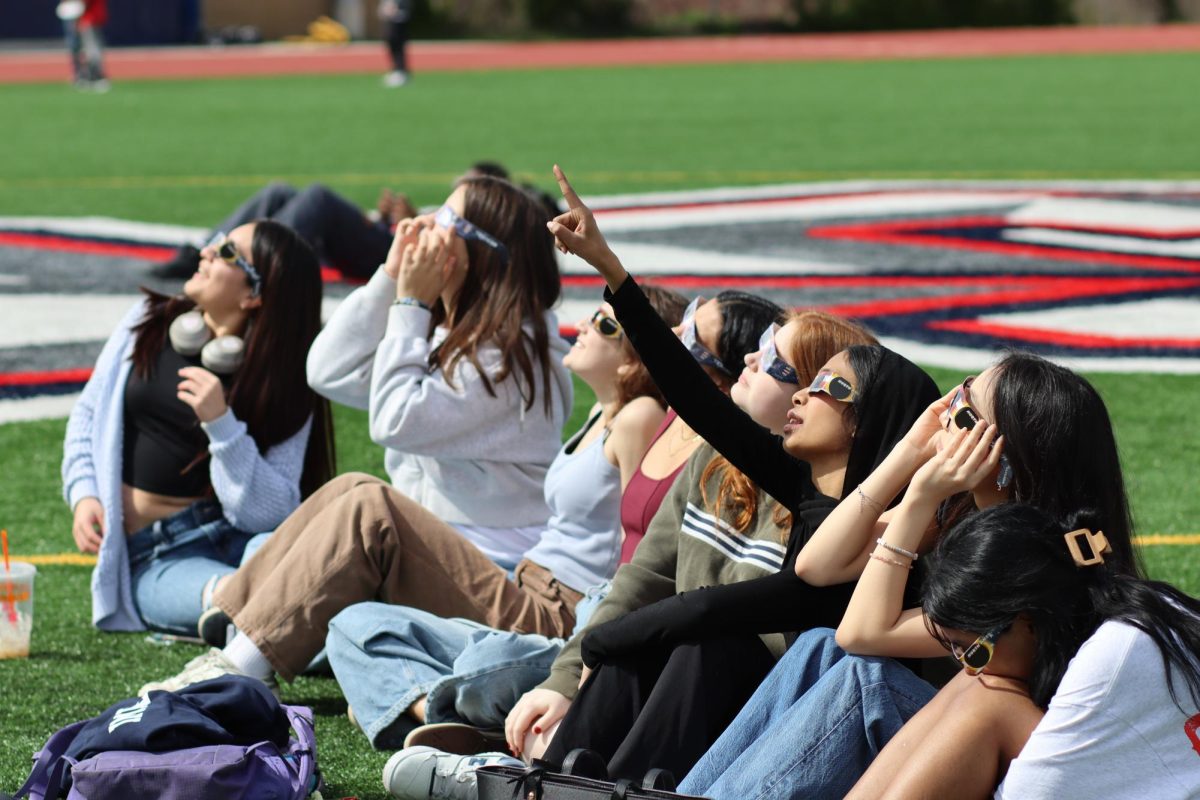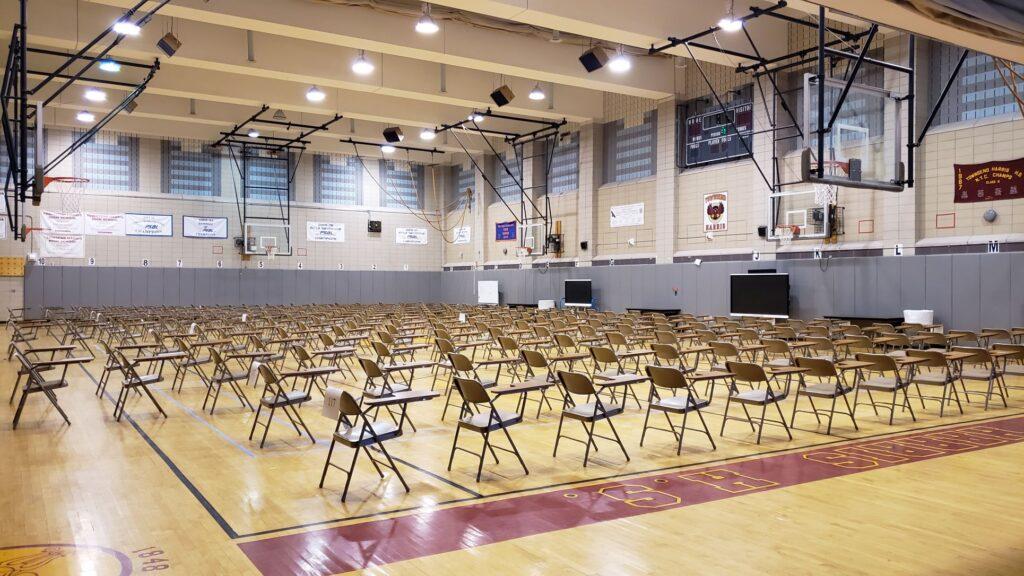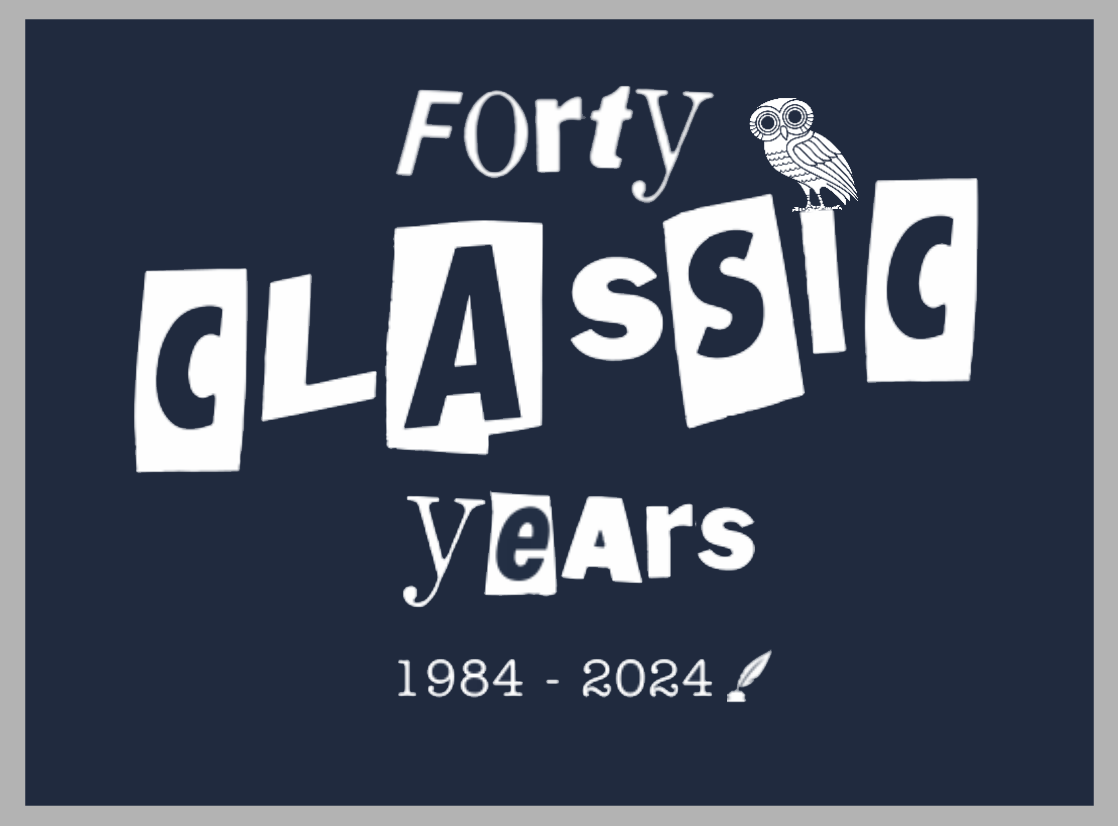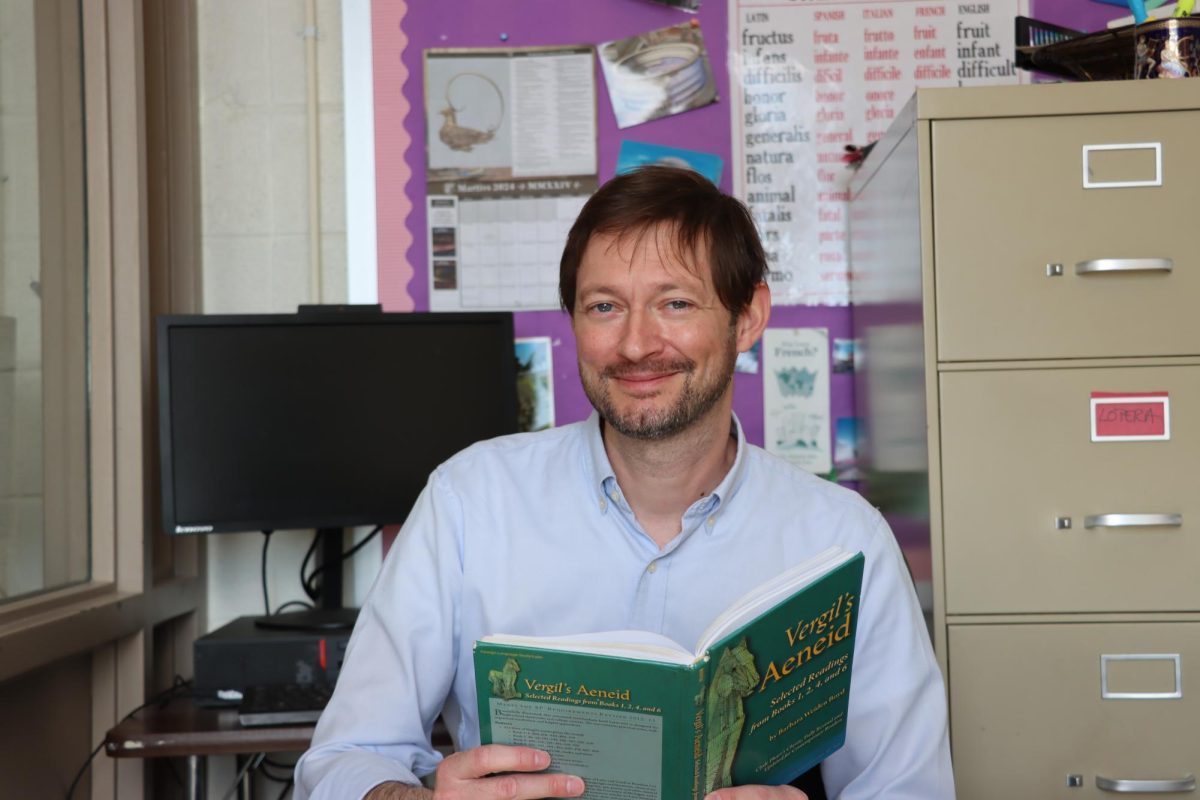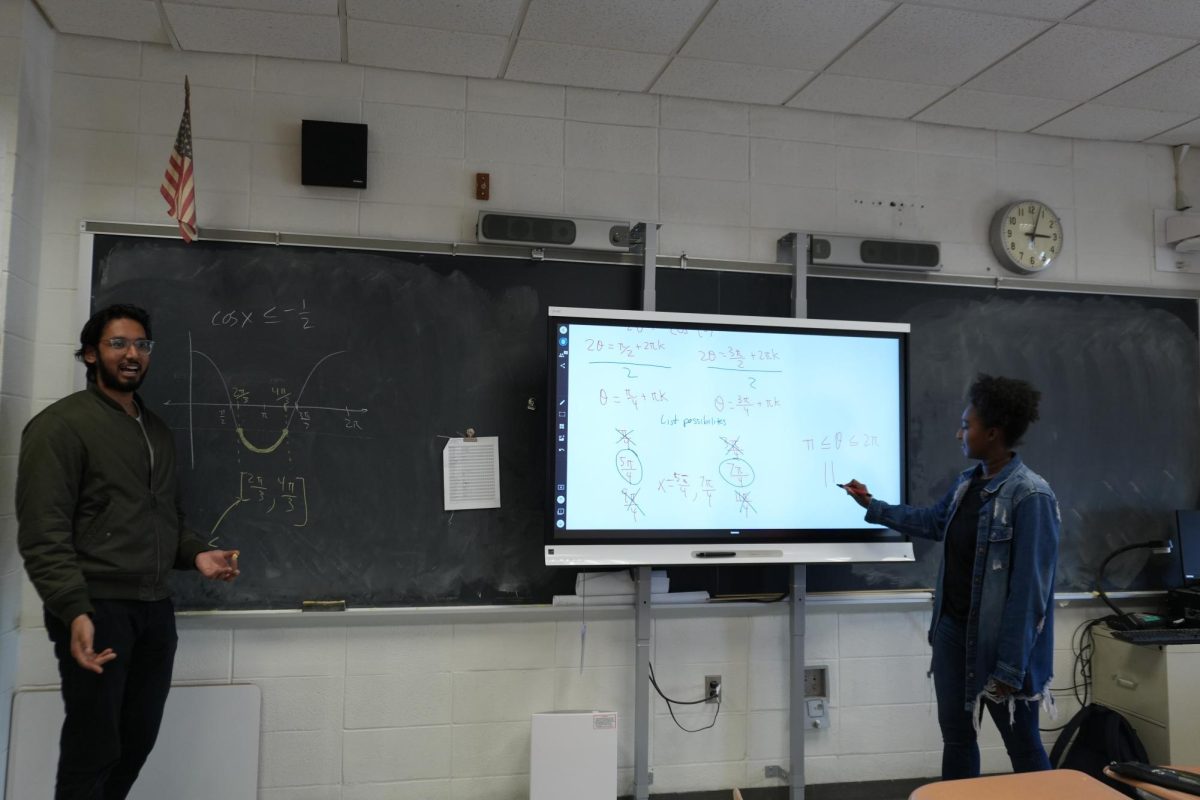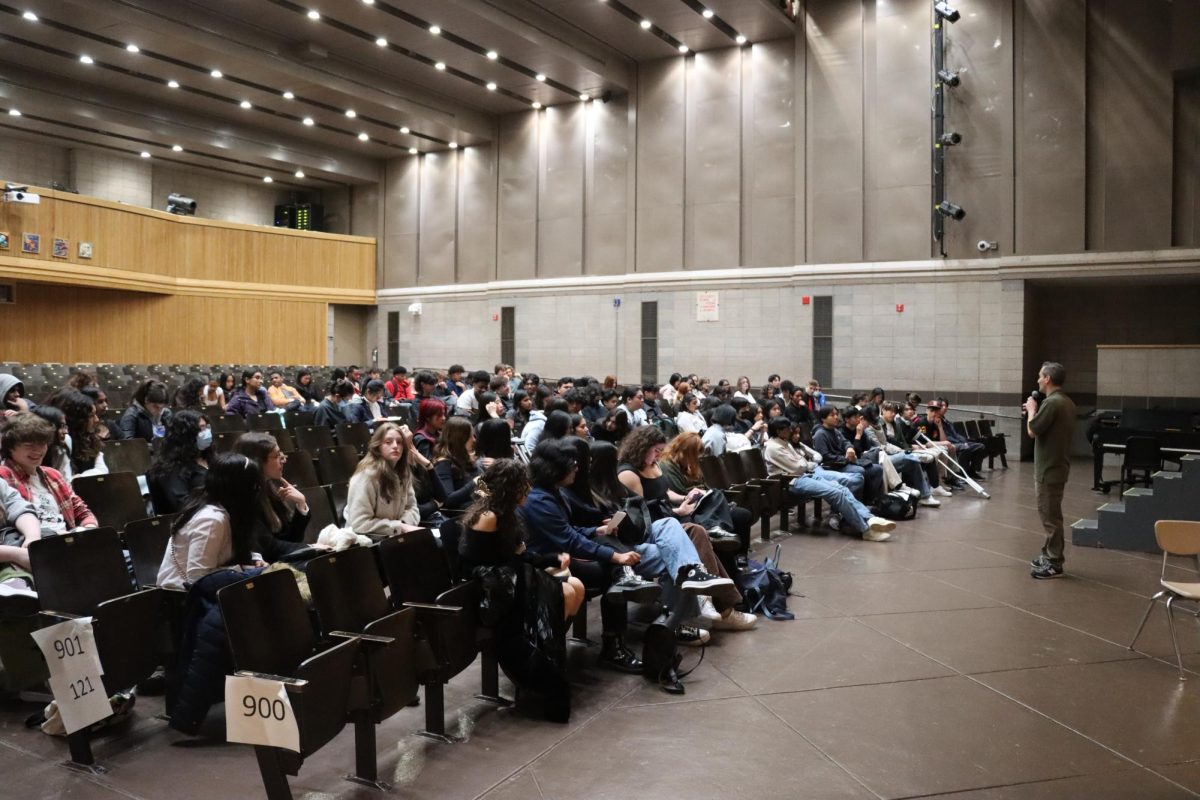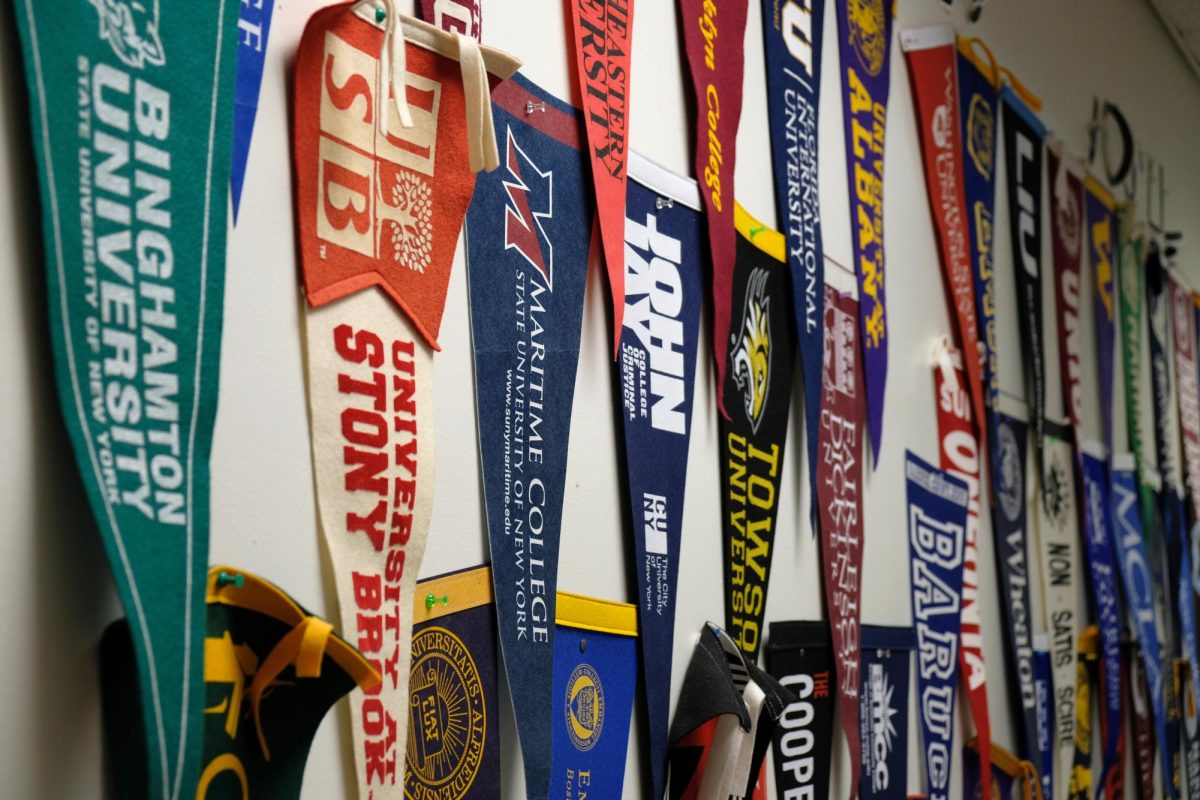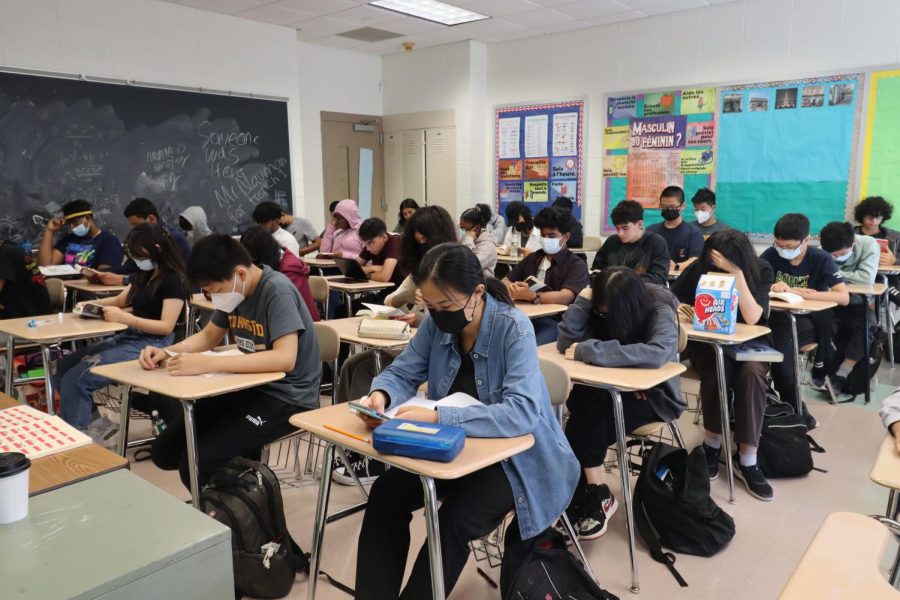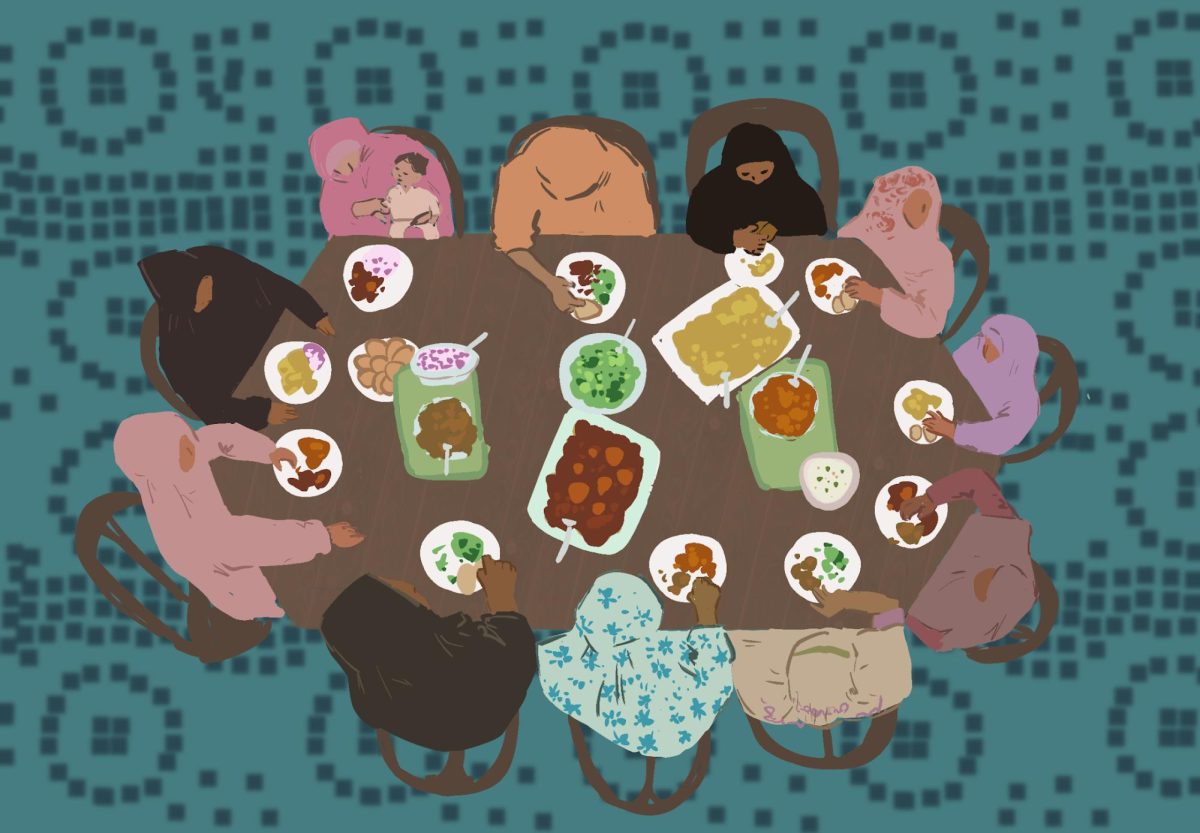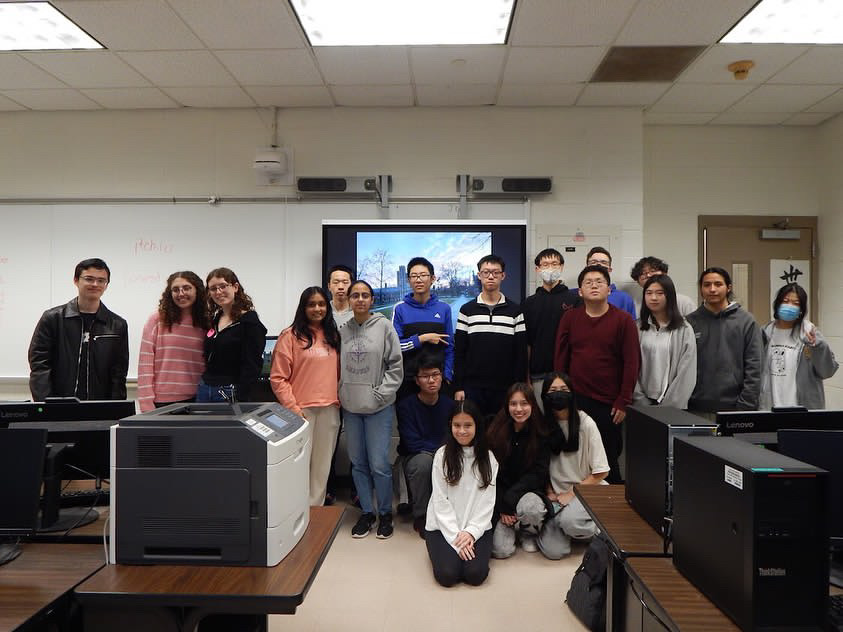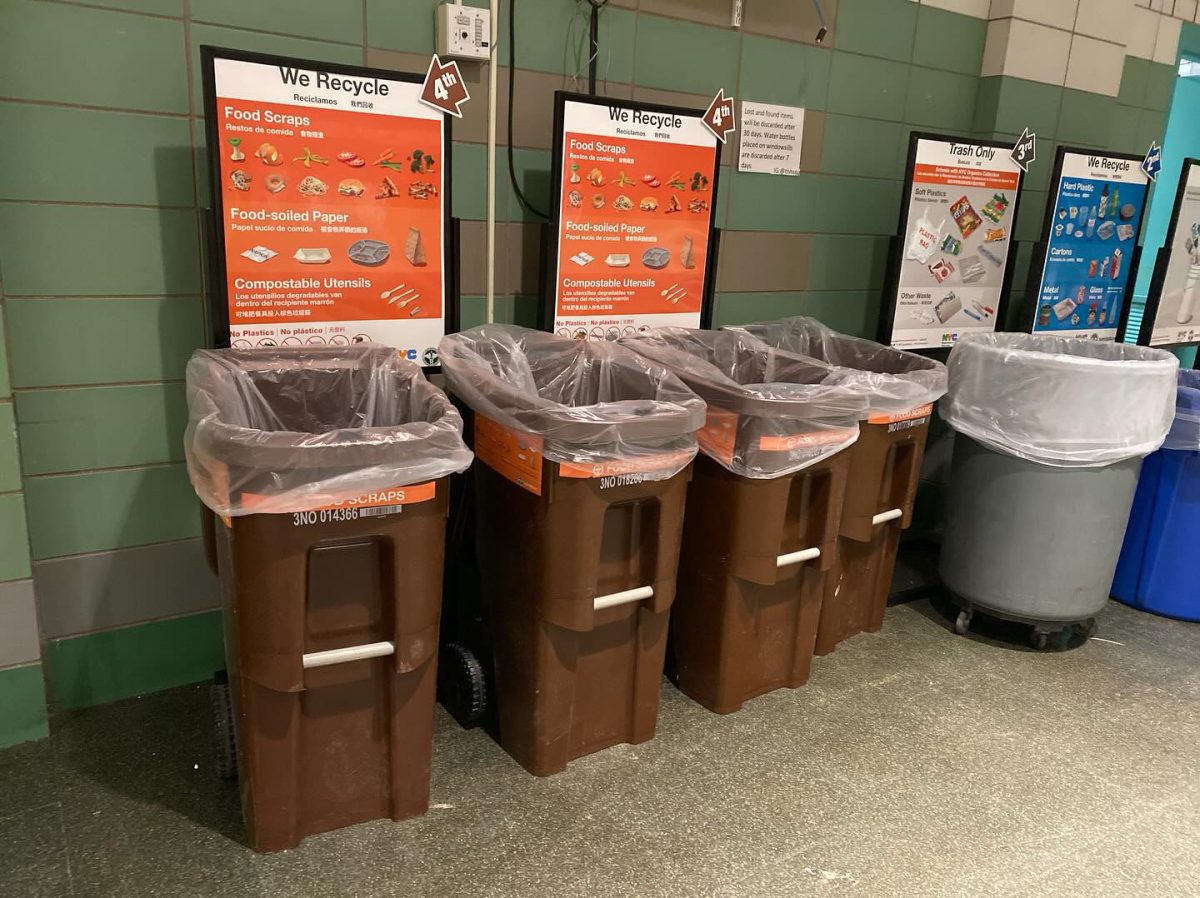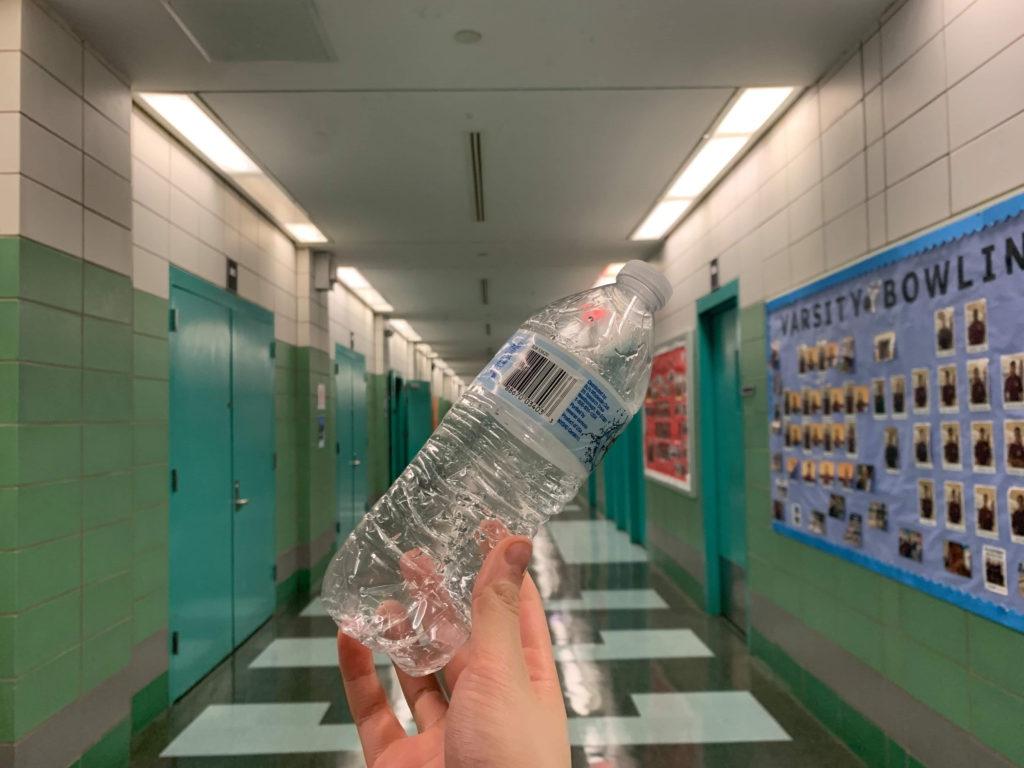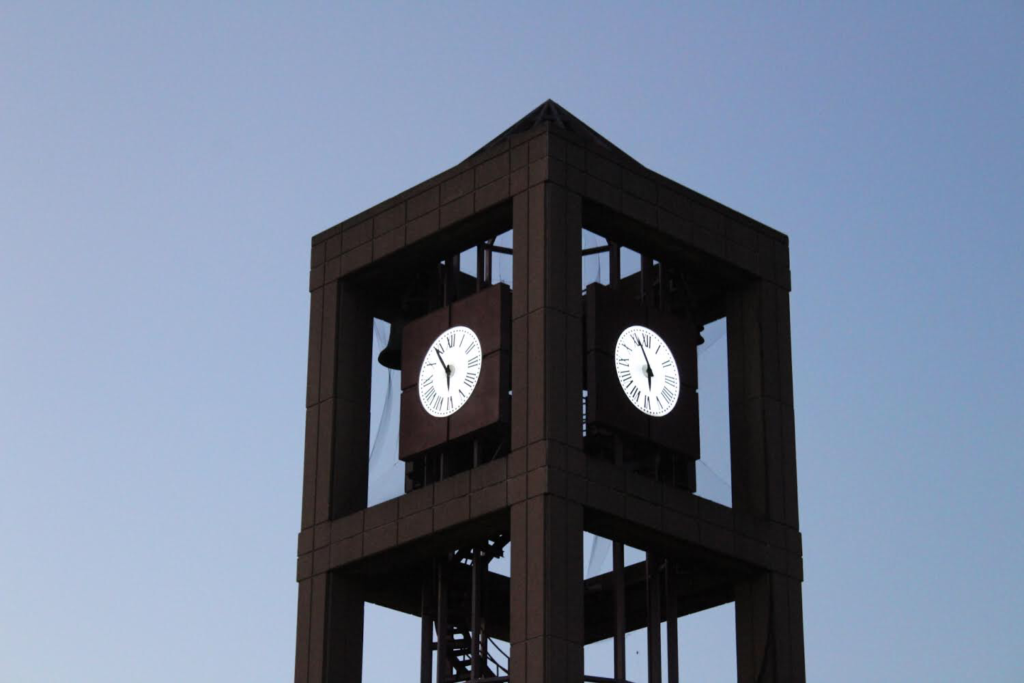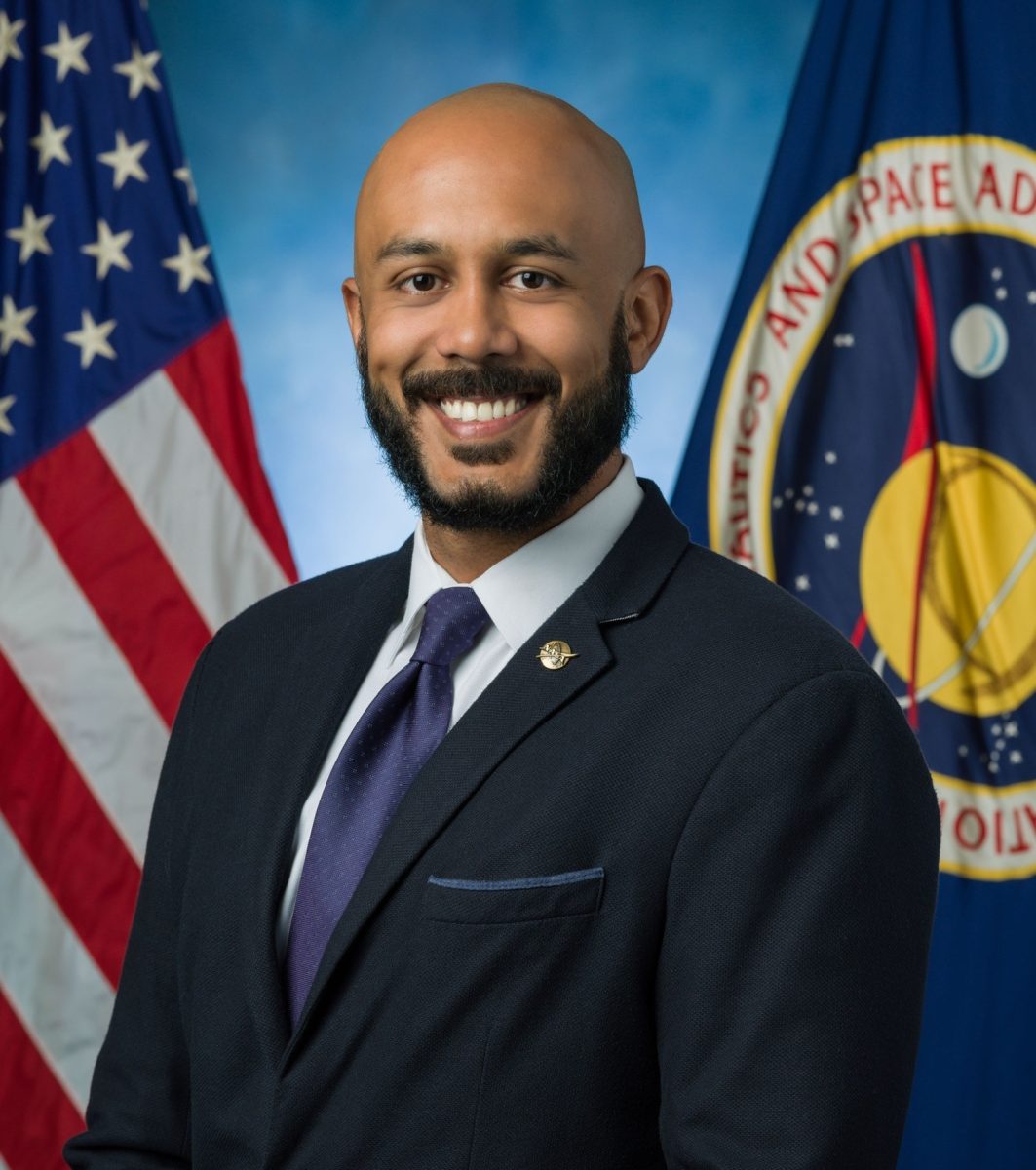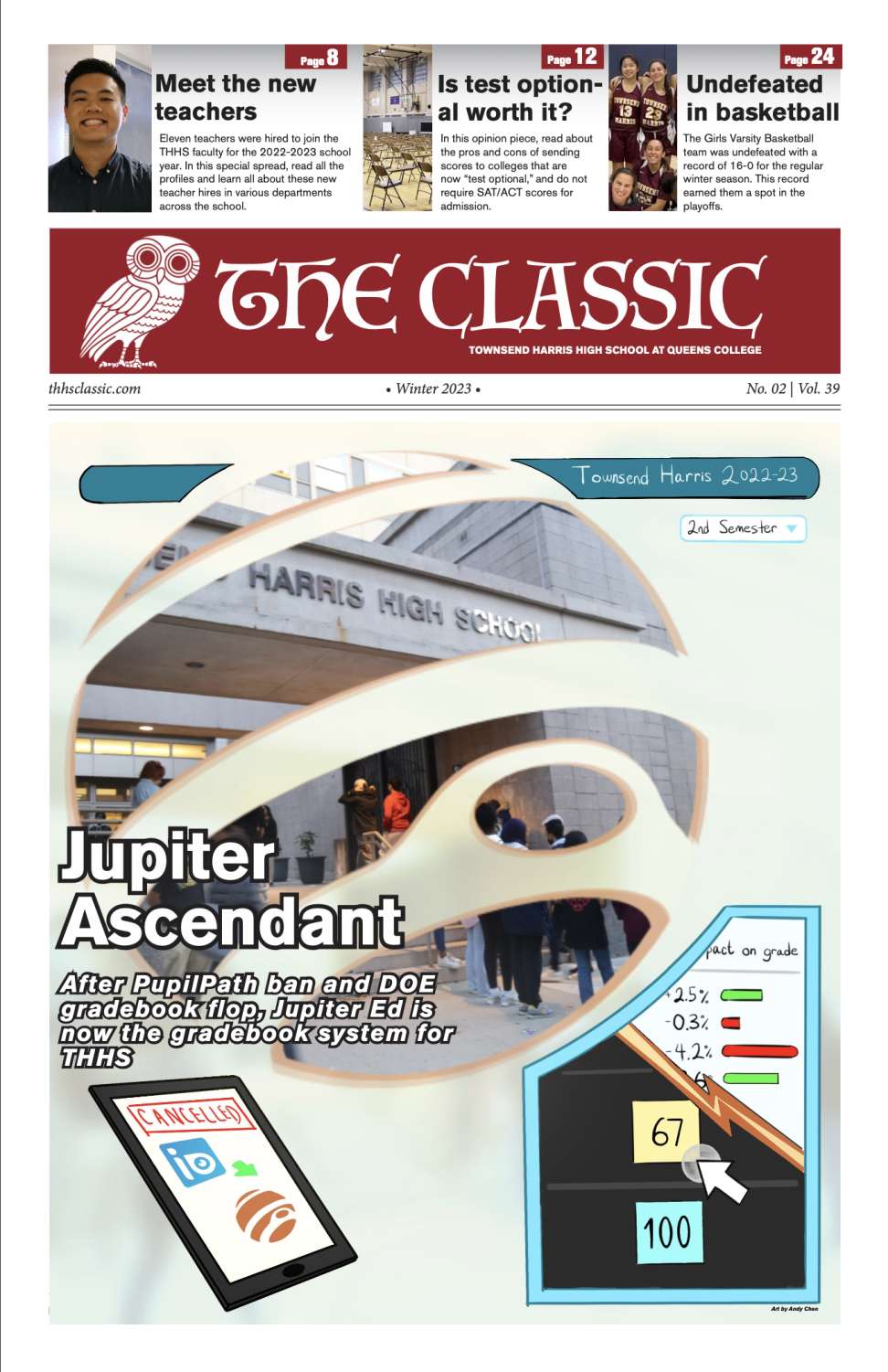
Plastic is seen everywhere from the sidewalk to being left in the cafeteria. It is evident that it is not ending up where it should be and people are lacking the education necessary to know how to deal with this problem.
Students at Townsend Harris have a clear opinion on plastic: they are an environmental hazard. “We need to advocate for less plastic use and not negate the tremendous effect plastic has on the environment,” commented sophomore Jennifer Quisi.
Currently, the majority of plastic in the market is for one-time use only. This leads to consumers sending their excess plastics to landfills, where it takes hundreds of years for them to decompose.
When plastic is not properly recycled, it most commonly ends up in oceans. Plastics that have been carelessly left astray often get picked up by the wind, and make their way into large bodies of water. Currently, there is an ever-growing amount of plastic in the ocean- approximately eight million metric tons (ocean conservancy.org). From there, plastics get eaten by many animals, who mistake the brightly colored pieces for food. In addition, animals may get entangled in plastics, which are difficult for them to get out of.
“Plastic pollution is a major problem that needs to be addressed,” said freshman Emily Liu. “It’s extremely harmful to marine animals, and more effort needs to be put in to making plastic have less of a lasting impact.”
Plastic pollution and a lack of knowledge about it is currently in schools is an issue. When questioned whether or not they learned about plastic pollution in school, the majority of students interviewed responded with a no.
“We were not really taught about plastic pollution. It’s important for students our age to have an opinion about what we should do to combat [this issue],” stated freshman Shirooba Chandrakumar.
“We barely covered plastic pollution in school. It felt as though it wasn’t really the school’s priority to teach us about that, even though we were interested,” added sophomore Tiffany Lin.
However, all over the globe, major strides have been made in limiting the usage of plastics and spreading awareness about the issue. Many cities in the United States are banning items such as plastic straws and bags, and are promoting the usage of reusable bags. In New York, the Bag Waste Reduction Law will ban all plastic carryout bags provided by retail stores. This law is set to take effect on March 1, 2020.
“In class, we do not always cover how students can prevent plastic pollution in school,” said AP Environmental Science teacher Shi Bing Shen. “This is due to a lack of infrastructure for recycling. However, we’re talking to students about what they need to do in their daily life to recycle properly, and encouraging them to take initiative in their home.”
Photo by Katrina Dydzuhn, Photography Editor.

